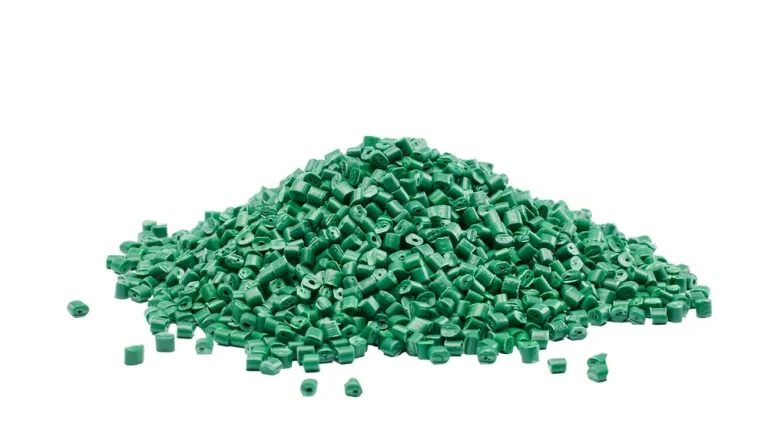TechnoCompound and RE Plano, a subsidiary of Remondis Recycling, have announced that they are expanding their collaboration on the use of post-consumer recyclates in automotive products.
The companies are working on concepts for using recyclates from the lightweight packaging fraction of household waste in technical applications such as vehicle interiors. This is being carried out against the backdrop of the EU regulations regarding sustainability that have either been passed or are currently being discussed.
The use of recyclates from household waste in this manner presents many challenges, and both companies have made significant developments and investments to address these in in recent years.
Dirk Breitbach, managing director of TechnoCompound, said, “Building on our 35 years of experience in the use of recyclates in plastic compounds, the cooperation with RE Plano is an important step in the up-cycling of PCR from the lightweight packaging fraction for technical applications, such as vehicle interiors. This application has very high requirements in terms of emissions and odors, as well as the mechanical properties of our products.”
At its latest sorting plant in Bochum in Germany, RE Plano is using AI-supported sorting systems that recognize individual packaging and can be freely programmed in terms of sorting criteria. This enables the company to achieve the highest purity levels in the fractions, which are suitable for later use in, for example, cosmetics packaging and vehicle interiors.
Remondis Recycling managing director Ralf Mandelatz said, “This will enable us to meet the volume requirements of the automotive market, and we are delighted to have TechnoCompound, an experienced market leader in technical applications, on our side.”
Dr Nabila Rabanizada, head of research and development at Remondis Recycling, added, “The suitability of our recyclates, including for high-quality, contact-sensitive applications, is also ensured by the further multi-stage processing of the sorting fractions at our plant in Lünen. This enables us to meet the specifications for the individual components.”
Through compounding, additivation and further material processing, TechnoCompound uses these raw materials to produce plastic grades that pass the emission chamber tests, including odor and emissions, specified by vehicle manufacturers (OEMs).
Regardless of the exact form of the future ELV directive, OEMs and Tier 1 and Tier 2 suppliers are pursuing their own sustainability strategies that include the use of PCR.
Dr Gerald Aengenheyster, head of development and application technology at TechnoCompound, said, “We can offer material solutions where PCR and post-industrial recycled content (PIR) are balanced according to the application and specification.”
While the recovery of PCR from end-of-life vehicle recycling is still in its infancy, developments for the use of the PCR light packaging fraction are available for series application. TechnoCompound’s PCR-based plastics are being used in a number of automotive applications such as instrument panel carriers made from TechnoGreen PP LGF long glass fiber-reinforced polypropylene grades, which are in production for two vehicles.
In related news, specialty materials and chemical company Celanese Corporation and EV manufacturer Li Auto recently announced a joint initiative to launch an innovative ultra-low emission material. Click here to read the full story



